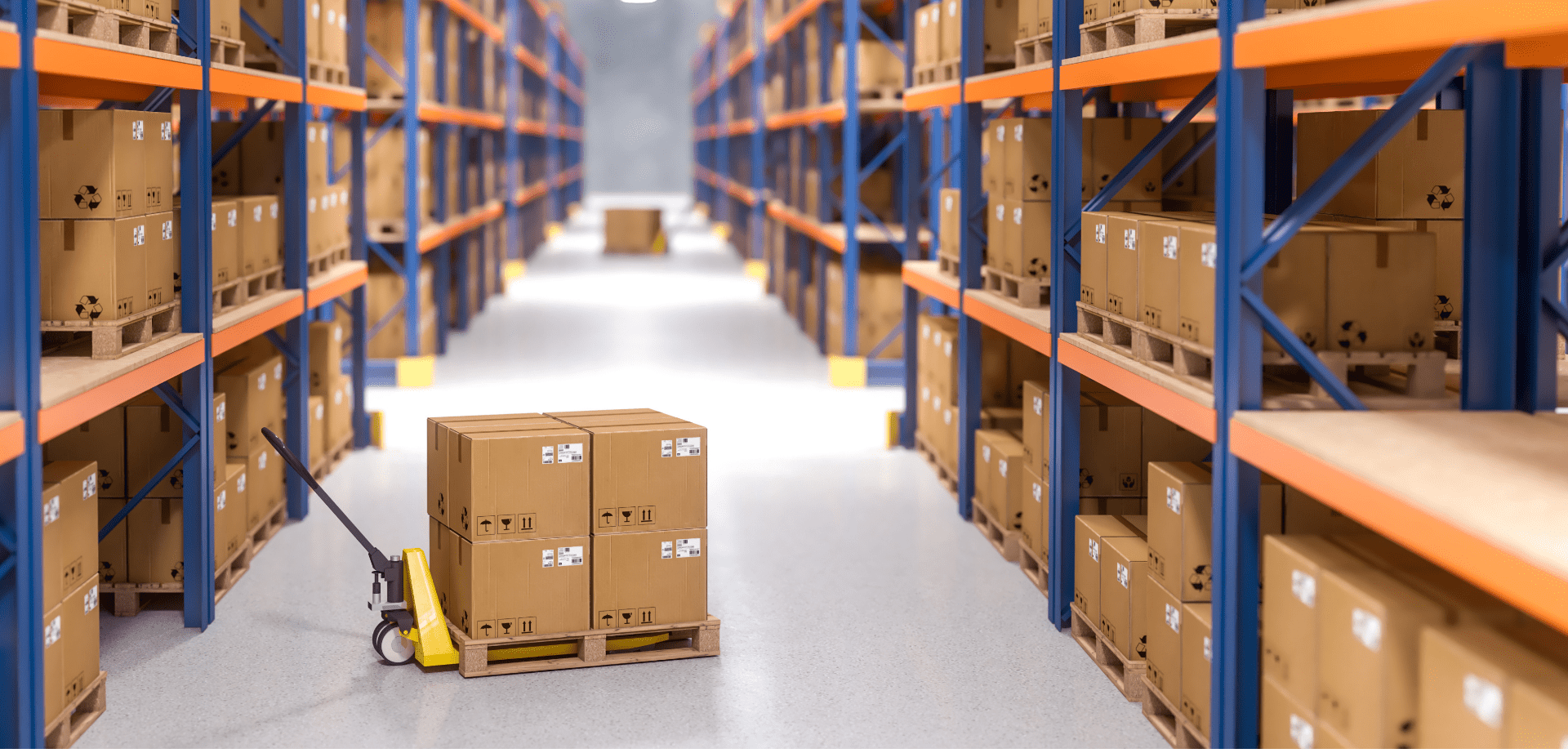The global food and grain supply chain depends on efficient logistics, and bulk cargo transportation services are key. These services move large quantities of grains and perishable foods from farms to factories, warehouses, and markets. For food companies, reducing losses and keeping products fresh is critical. Any transportation errors can cause product spoilage, contamination, or waste. Transportation providers must use specialised equipment to meet today’s food safety standards. Controlling temperature, humidity, and handling is critical whether shipping by sea, rail, or road. As global food demand and trade grow, advanced bulk cargo transportation is practical and essential. With reliable logistics, companies can reduce costs, ensure product quality, and safely deliver products to end users.
Preservation Starts with Smart Packaging and Container Design
Effective bulk transport begins long before the truck or vessel moves. The design of containers used in bulk cargo transportation service plays a significant role in protecting the product. For instance, bulk grain shipments often rely on silos or hoppers that resist contamination and moisture. Similarly, perishable food items may require insulated or refrigerated containers to maintain freshness during long transits.
Good packaging minimises the impact of mechanical stress, temperature changes, and exposure to pests. Companies also use liners, desiccants, and ventilation systems to support consistent conditions. Moreover, bulk containers must easily load and unload while ensuring airtight sealing. These considerations help reduce spoilage and maintain shelf life, making packaging strategy a critical part of logistics.
Advanced Tracking Systems Improve Cargo Visibility and Response
Visibility is power when transporting bulk food and grain. Thanks to modern tracking systems, companies can monitor cargo in real time. GPS, RFID tags, and IoT sensors integrated into bulk cargo transportation services allow logistics teams to track location, temperature, humidity, and movement. This data enables quick responses to any potential risk.
If a shipment veers off course or experiences a temperature spike, the system alerts managers immediately. That way, they can reroute, adjust the environment, or intervene with support. In addition, analytics generated by tracking systems help refine delivery schedules and identify inefficiencies. Over time, businesses gain better control over logistics and reduce losses and delays, ensuring more food reaches markets in prime condition.
Moisture and Temperature Control Are Game-Changers
The biggest threats to bulk food shipments are moisture and temperature fluctuations. Excessive moisture can lead to mould growth, rot, and pest infestation of grains. Even slight temperature deviations can compromise the taste, texture, or safety of perishable foods. That’s why effective bulk cargo transportation services employ climate-controlled containers and monitoring tools.
Desiccants, thermal insulation, air conditioning, and specialised coatings help maintain optimal conditions. Additionally, smart sensors and data loggers provide ongoing feedback. Shippers can make mid-transit adjustments as needed. These interventions prevent loss and extend product life, allowing retailers and processors to plan inventory with greater accuracy and less waste.
Efficiency Gains Through Route Optimisation and Scheduling
Speed and consistency are essential in food logistics. Efficient route planning reduces travel time, fuel use, and delivery errors. Bulk transportation services often use AI-powered logistics tools to create optimal delivery paths based on weather, traffic, port congestion, and vehicle performance.
By optimising routes, companies can minimise exposure to delays and hazardous conditions. Additionally, well-scheduled pickups and drop-offs reduce idle times and bottlenecks. These improvements protect product quality and lower operational costs. Importantly, efficiency doesn’t mean cutting corners—it means smarter planning, which leads to fresher food and longer shelf lives across global markets.
Compliance with Safety and Quality Standards Ensures Market Access
Different regions and countries impose strict standards on the food and grain industry. Bulk cargo transportation services must comply with safety, hygiene, and quality control regulations to avoid penalties or rejections. This includes sanitation of transport equipment, proper labelling, and certification for handling perishable goods.
Adhering to HACCP, ISO 22000, or regional agricultural rules protects public health and facilitates trade. Compliance builds trust with distributors, regulators, and consumers. Moreover, by exceeding the minimum, logistics providers can brand themselves as premium service partners. This reputation can lead to long-term contracts and greater market reach.
Collaborating to Reduce Risk in Bulk Shipping Services
Strong communication and collaboration across the supply chain help prevent issues before they occur. Transportation becomes smoother and less risky when growers, shippers, and buyers align on expectations, quality standards, and timelines. Bulk cargo transportation services often act as the connecting link among these players.
With shared data, scheduling systems, and contingency plans, everyone involved can react faster to disruptions. For example, shippers can reschedule loads if a harvest is delayed instead of arriving at an empty dock. This flexibility reduces financial loss, improves shelf life, and strengthens business relationships. Collaboration is not just a nice-to-have; it’s a necessity for efficient bulk food logistics.
Bulk Cargo Transportation Services for the Food & Grain Industry
In the food and grain industry, quality is critical. Bulk shipping services are the basis for maintaining freshness, reducing waste, and meeting market demand. Every link is critical, from smart containers and route planning to compliance and collaboration. Choosing the right logistics partner can mean the difference between profit and loss. HTD has rich logistics experience, and we have many excellent cases in the food industry. Contact us and we will plan the most accurate logistics route for you.


